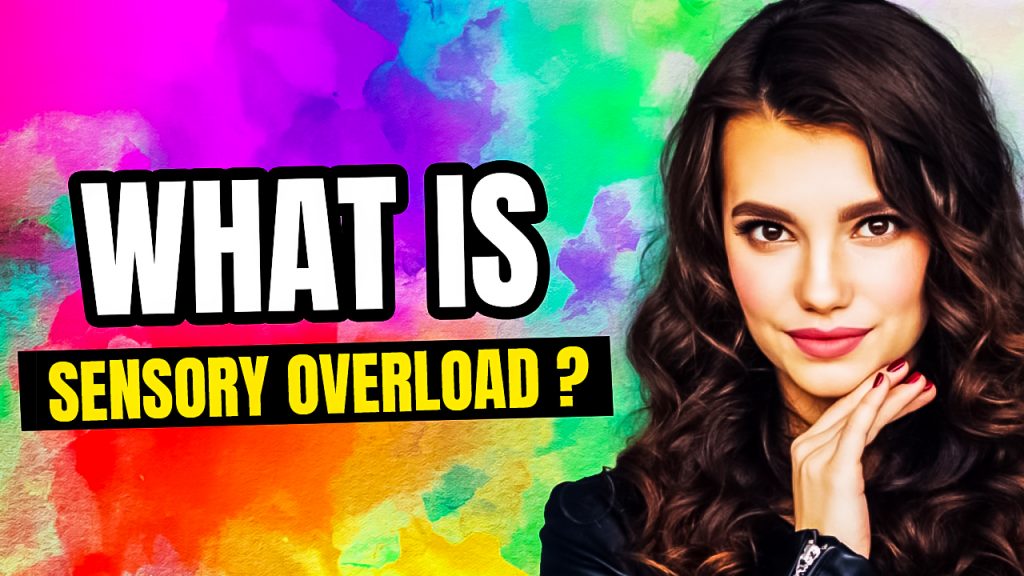
Sensory overload, also known as sensory overload disorder or sensory processing disorder, refers to the condition in which the brain is overwhelmed by too much sensory input. This can occur in any of the five senses (sight, sound, touch, taste, and smell), but is most commonly associated with sound and light. Sensory overload can be a temporary or permanent condition and can lead to significant difficulties in daily life.
Symptoms of sensory overload can vary depending on the individual and the type of sensory input that is causing the overload. Some common symptoms include difficulty focusing, anxiety, agitation, irritability, and fatigue. In severe cases, sensory overload can lead to panic attacks, depression, and even physical symptoms such as headaches or nausea.
There are several causes of sensory overload, but the most common is exposure to excessive or prolonged sensory input. For example, someone who lives in a noisy city and is constantly exposed to loud traffic and other noise pollution may experience sensory overload. Similarly, someone who works in a brightly lit office or spends a lot of time looking at screens may experience visual overload.
Other causes of sensory overload may include certain medical conditions, such as autism or ADHD, or certain medications that can affect the way the brain processes sensory information. Additionally, certain traumatic experiences, such as a car accident or a natural disaster, can lead to sensory overload.
Sensory overload can also be caused by a mismatch between an individual’s sensory processing abilities and their environment. For example, someone with hyperacusis (an increased sensitivity to sound) may find it difficult to tolerate loud noises, while someone with hypoacusis (a decreased sensitivity to sound) may not be able to hear certain sounds.
Treatment for sensory overload depends on the underlying cause and the severity of symptoms. In some cases, simply avoiding the source of the sensory overload may be enough to alleviate symptoms. For example, someone who is experiencing visual overload may benefit from reducing their screen time or using a blue light filter on their devices.
In other cases, therapy or counseling may be necessary to help individuals cope with the emotional and psychological effects of sensory overload. Occupational therapy may also be helpful, as it can teach individuals how to adapt their environment and behavior to better suit their sensory processing abilities.
Medications, such as antidepressants or anti-anxiety medications, may also be prescribed to help alleviate symptoms. However, it’s important to note that these medications can have side effects and may not be appropriate for everyone.
In some severe cases, individuals may need to seek specialized care from a sensory integration therapist, who can help them develop strategies to cope with their symptoms. This can include activities such as deep pressure, joint compression, and other forms of proprioceptive input that can help calm the nervous system and make it easier to process sensory input.
In conclusion, sensory overload is a condition in which the brain is overwhelmed by too much sensory input, it can be caused by various factors such as exposure to excessive or prolonged sensory input, certain medical conditions or medications, or traumatic experiences. Symptoms vary depending on the individual and the type of sensory input that is causing the overload, and can range from difficulty focusing, anxiety, agitation, irritability, and fatigue, to panic attacks, depression, and physical symptoms. Treatment depends on the underlying cause and the severity of symptoms, and may include avoiding the source of the overload, therapy, counseling, medication, or specialized care.
This Post is Brought To You By BetterHelp